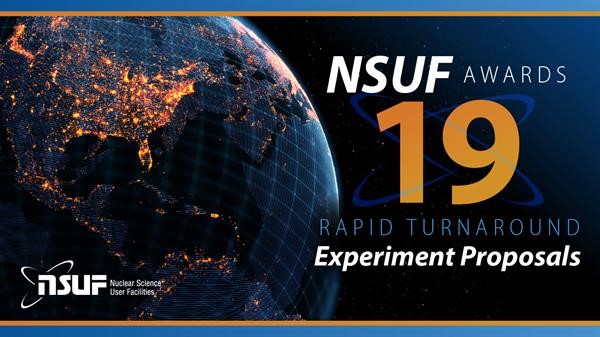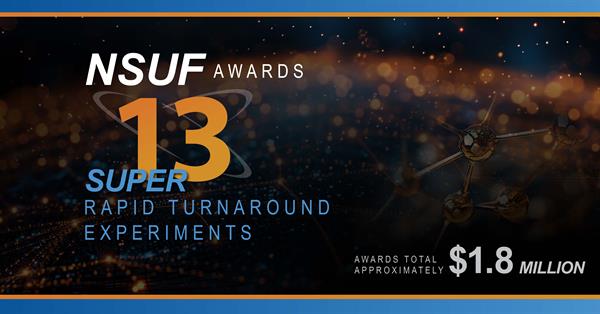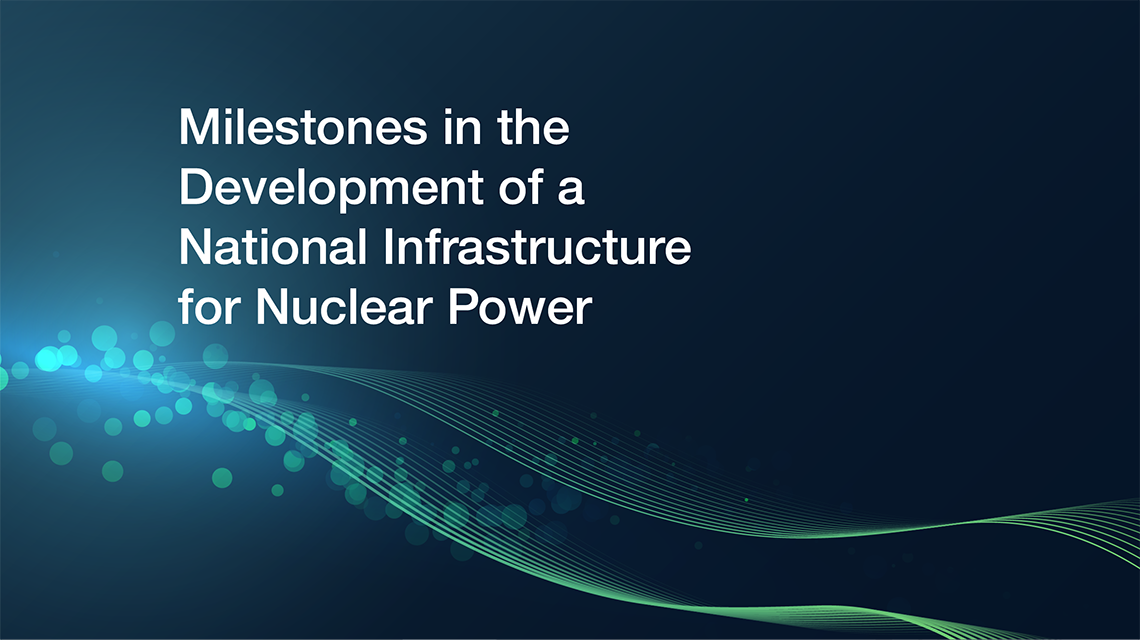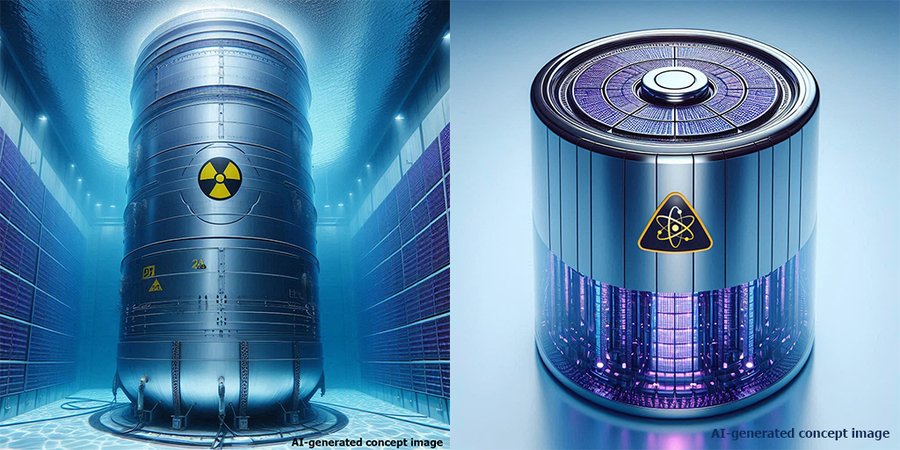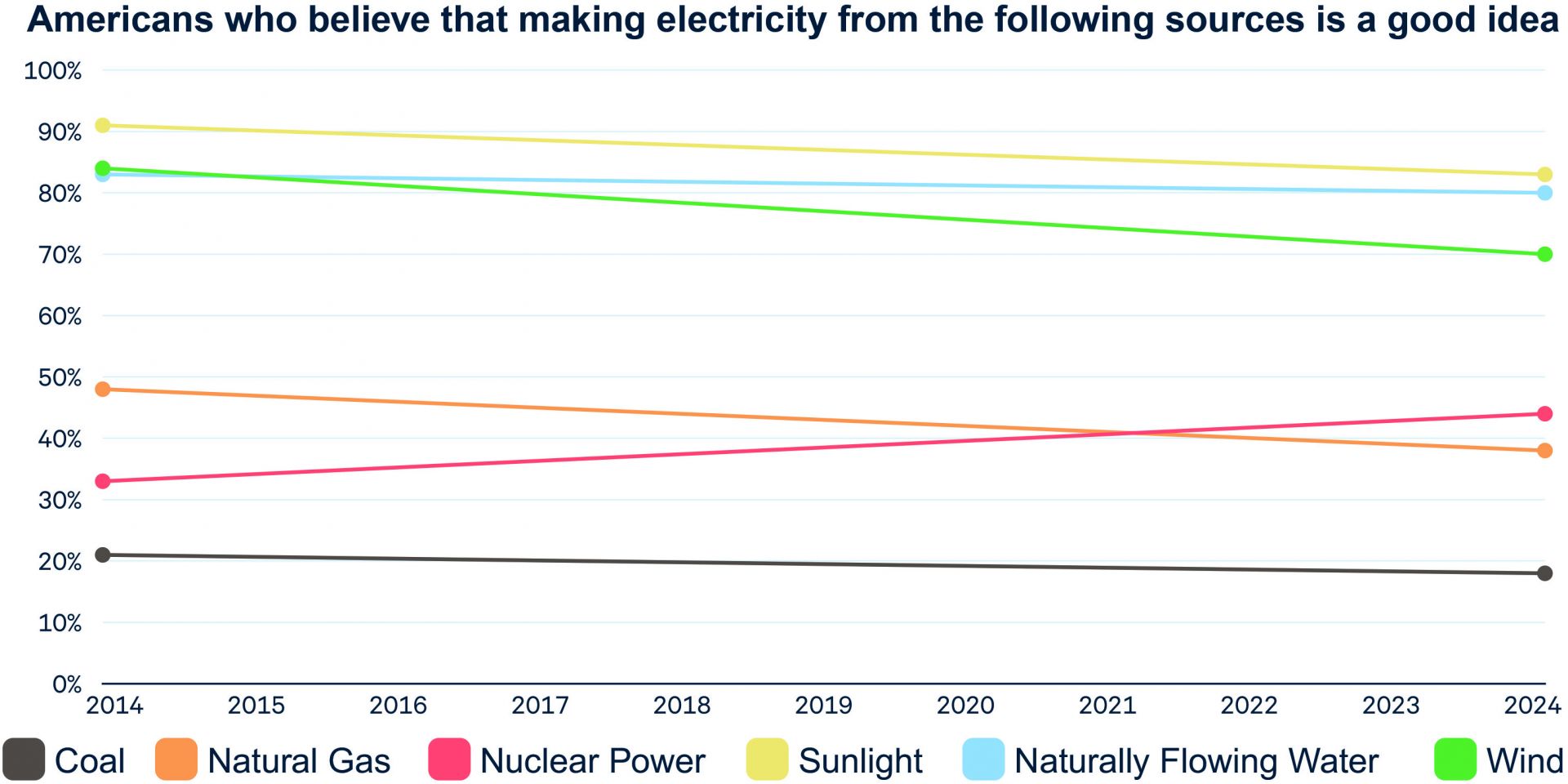Meanwhile, Russian-backed media report Ukraine is responsible for ZNPP strikes
Energoatom’s Zaporizhzhia plant, in southeastern Ukraine, as it appeared in a photo posted to the DOE website in June 2021. (Photo: Energoatom)
Amid recent ceasefire talks between Russia and Ukraine, President Donald Trump suggested the U.S. should take control of Ukraine’s nuclear power plants for long-term security, the Associated Press reported.
“American ownership of those plants could be the best protection for that infrastructure,” Trump suggested, according to a later statement.
AI-generated concept image. (Image: DARPA)
Nuclear power already has an energy density advantage over other sources of thermal electricity generation. But what if nuclear generation didn’t require a steam turbine? What if the radiation from a reactor was less a problem to be managed and more a source of energy? And what if an energy conversion technology could scale to fit nuclear power systems ranging from miniature batteries to the grid? The Defense Advanced Research Projects Agency (DARPA) Defense Sciences Office (DSO) is asking these types of questions in a request for information on High Power Direct Energy Conversion from Nuclear Power Systems, released August 1.
Eielson Air Force Base is shown in this screen grab from a video hosted on the base’s website. (Image: DOD)
Eielson Air Force Base in central Alaska has been the preferred location to demonstrate the benefits of microreactors to the U.S. Air Force—and by extension the Defense Department—since 2018. Now, a protracted solicitation process is nearing an end, and the Air Force and the Defense Logistics Agency Energy (DLA Energy) expect to announce a final procurement decision by the end of the summer—or about one year after Oklo Inc. announced that it had been tentatively selected to supply a microreactor under a 30-year power purchase agreement.
Nuclear was the only energy source to show a boost in public opinion over the past decade. (Graph: Jon A. Krosnick and Bo MacInnis, Climate Insights 2024: American Understanding of Climate Change; Washington, DC: Resources for the Future; 2024.)
A new report based on what its authors call “the definitive American public opinion surveys on climate change and the environment” has found a statistically significant increase in the percentage of survey respondents who think nuclear power is a good way to generate electricity, relative to a survey that asked the same question in 2013. That’s despite evidence that “Americans’ views on climate change have remained remarkably steady.” The new report, Climate Insights 2024: American Understanding of Climate Change, is the product of a 27-year polling partnership led by the Political Psychology Research Group at Stanford University and Resources for the Future (RFF), and it was released July 15.
Applause at the conclusion of COP28. (Photo: Kiara Worth/UN Climate Change)
The United Nations' Climate Change Conference of Parties (COP28) in Dubai, United Arab Emirates, closed on December 13 after debate on a “global stocktake” pushed negotiations a full day past the scheduled end date. Though advocates hoping for a phaseout of fossil fuels were ultimately disappointed and must settle for “transitioning away,” another first—after 30 years of global climate conferences—is the inclusion of nuclear energy among the zero-emissions and low-emissions technologies that still could, if deployment is accelerated, support deep reductions in greenhouse gas emissions to limit global warming to 1.5°C.
U.S.-endorsed declaration commits to tripling the world’s nuclear energy capacity by 2050
DUBAI, UNITED ARAB EMIRATES — Statement from American Nuclear Society (ANS) Executive Director and CEO Craig Piercy on the launching of the “Declaration to Triple Nuclear Energy” by the United States and twenty-one other countries during the World Climate Action Summit of the 28th Conference of the Parties (COP28) to the United Nations Framework Convention on Climate Change (UNFCCC):
DOE assistant secretary for nuclear energy Kathryn Huff and NEA director general William D. Magwood IV affirmed U.S. membership in the NEA Data Bank at DOE headquarters in Washington, D.C. (Photo: OECD NEA)
The United States has joined the OECD Nuclear Energy Agency (NEA) Data Bank, a decision that marks “a significant stride in international collaboration for nuclear energy research, safety, and knowledge exchange,” according to the August 16 NEA announcement. “As a country renowned for its scientific and technological excellence, the United States will undoubtedly enrich the Data Bank's repository of data, software, and benchmarks and enhance its role in fostering responsible nuclear development.”




